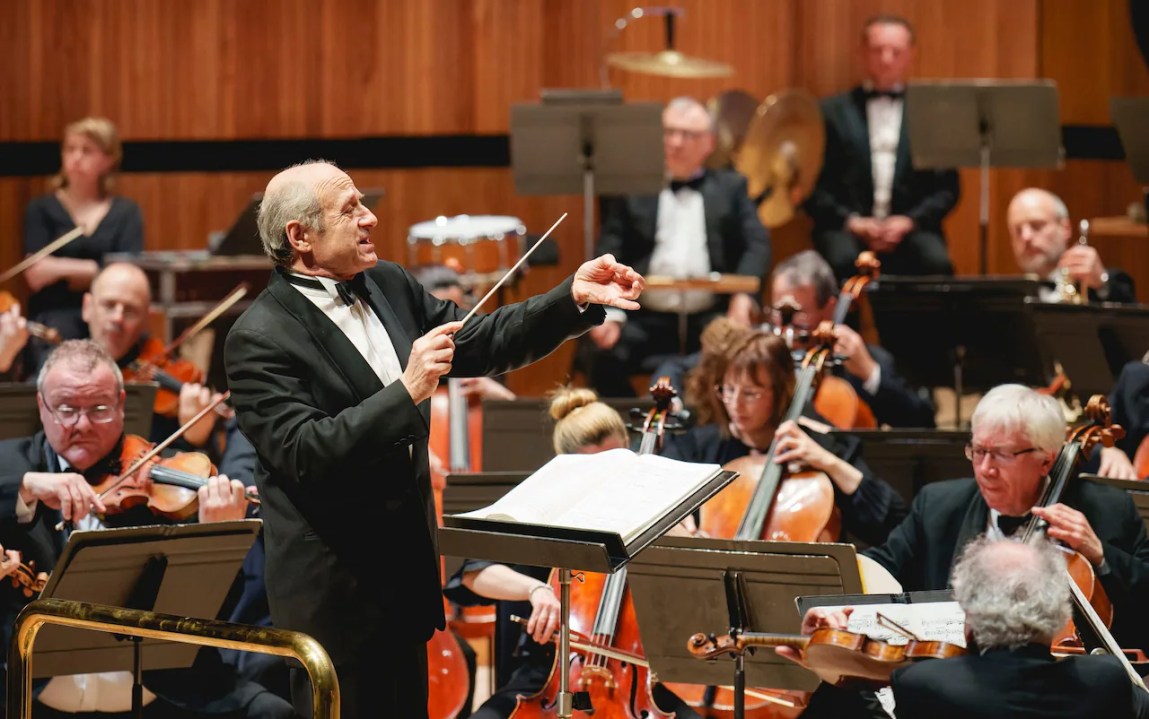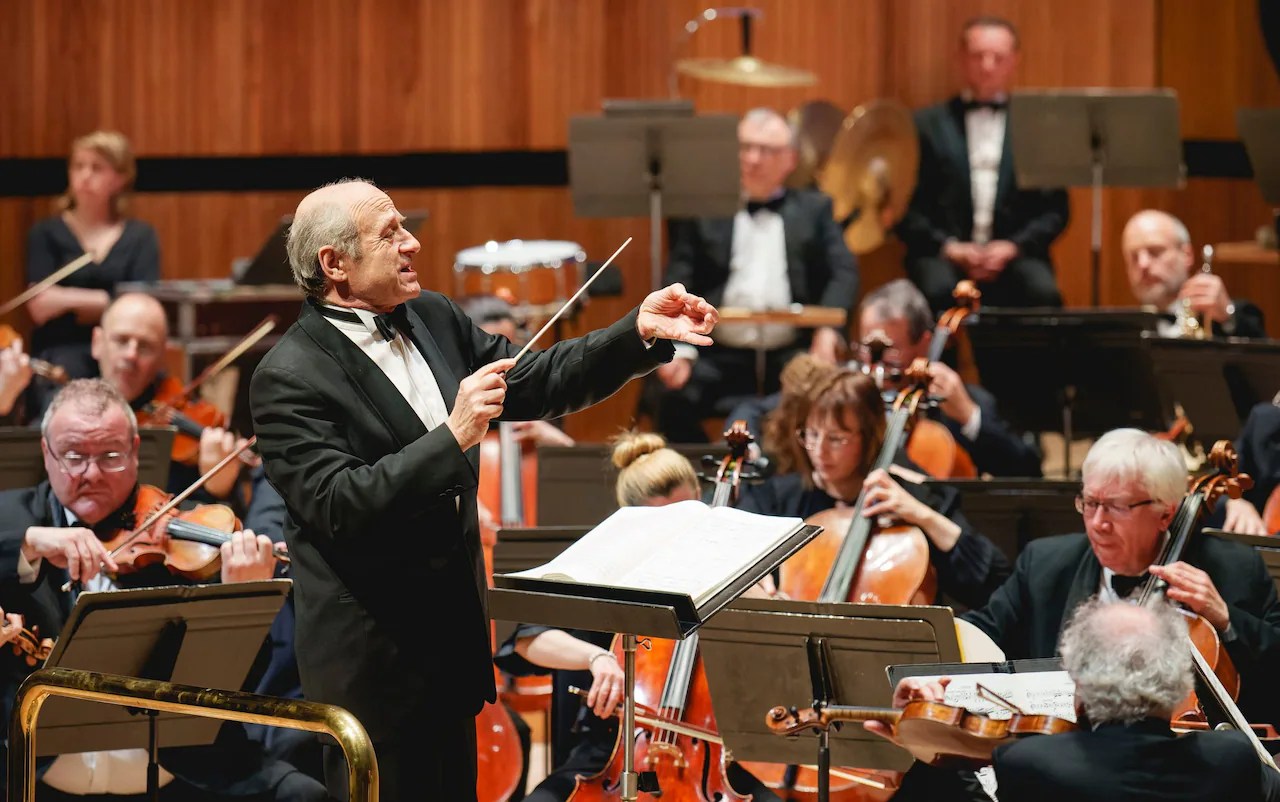The Budapest Festival Orchestra and founder Ivan Fischer have a reputation for exciting and joyous performances of Mahler. Even in this most tragic of symphonies, Fischer gave a grateful, if slightly sparse, audience exactly what they wanted.
Fischer and his orchestra’s talent was in the delivery, in the work’s ravishing tableaux, and not in its philosophical lessons. While the symphony’s themes: the death of tonality, the death of culture, the death of Mahler himself, constitute the material that binds the work as a whole, Fischer’s BFO demonstrated that a satisfying Mahler interpretation doesn’t need to make the music subservient to ideas about the music. Although delivering both would be the ideal.
After an unsteady first movement, the orchestra hit a sweet spot in the folksongs of the second, made up of two peasant dances and a vulgar French waltz that Fischer skewered with gusto.

Get Britain's best politics newsletters
Register to get The Spectator's insight and opinion straight to your inbox. You can then read two free articles each week.
Already a subscriber? Log in








Comments
Join the debate for just £1 a month
Be part of the conversation with other Spectator readers by getting your first three months for £3.
UNLOCK ACCESS Just £1 a monthAlready a subscriber? Log in